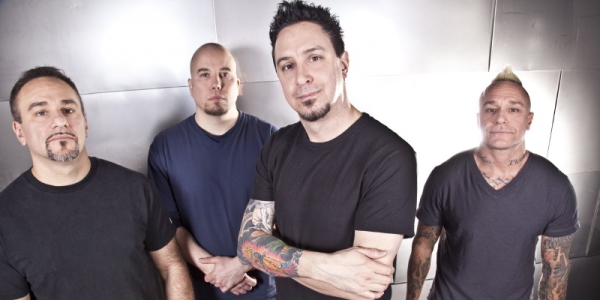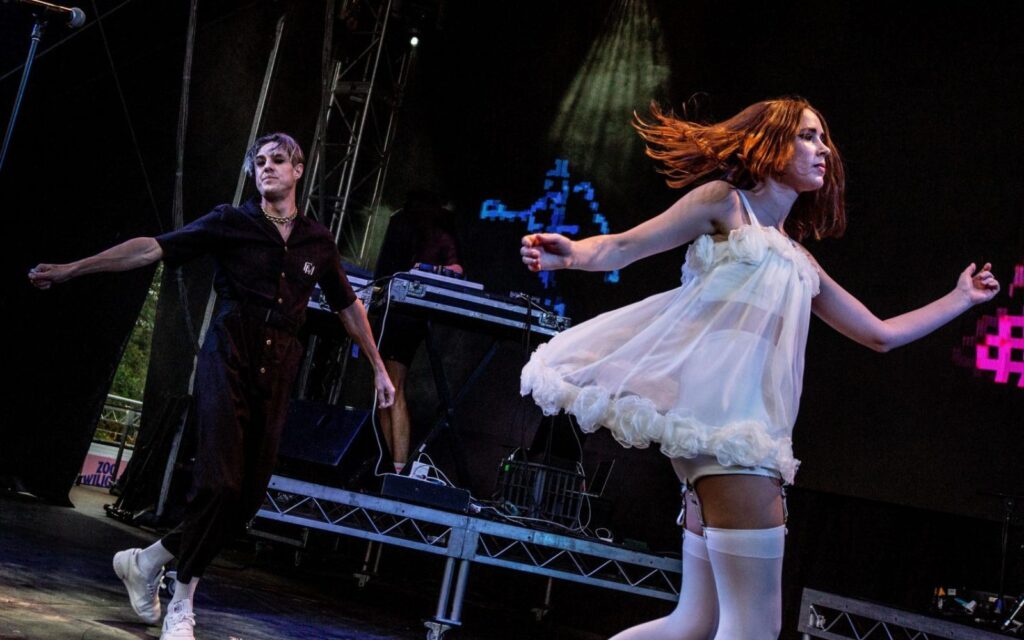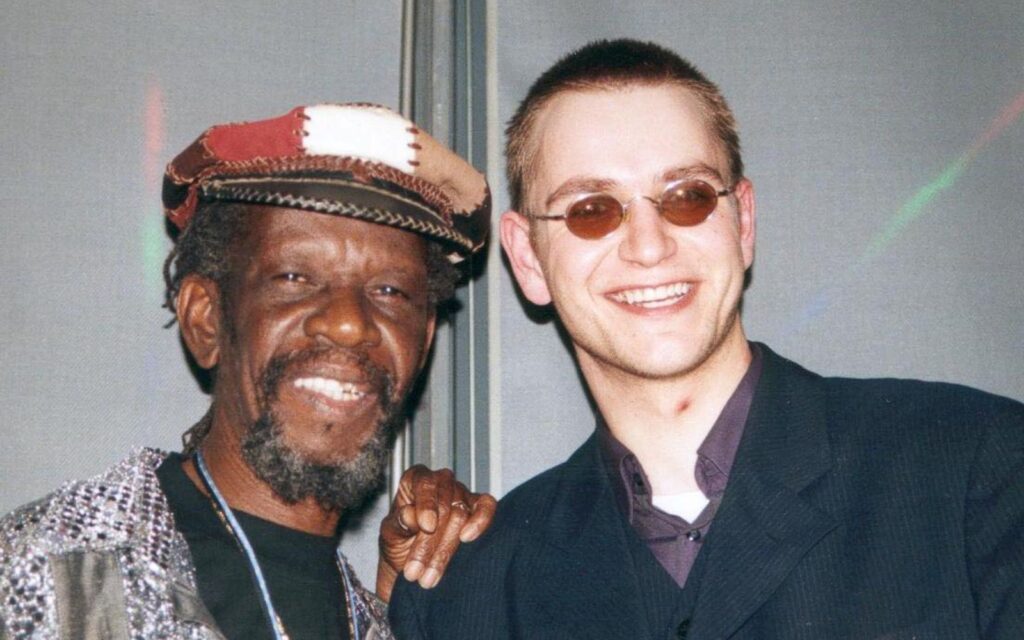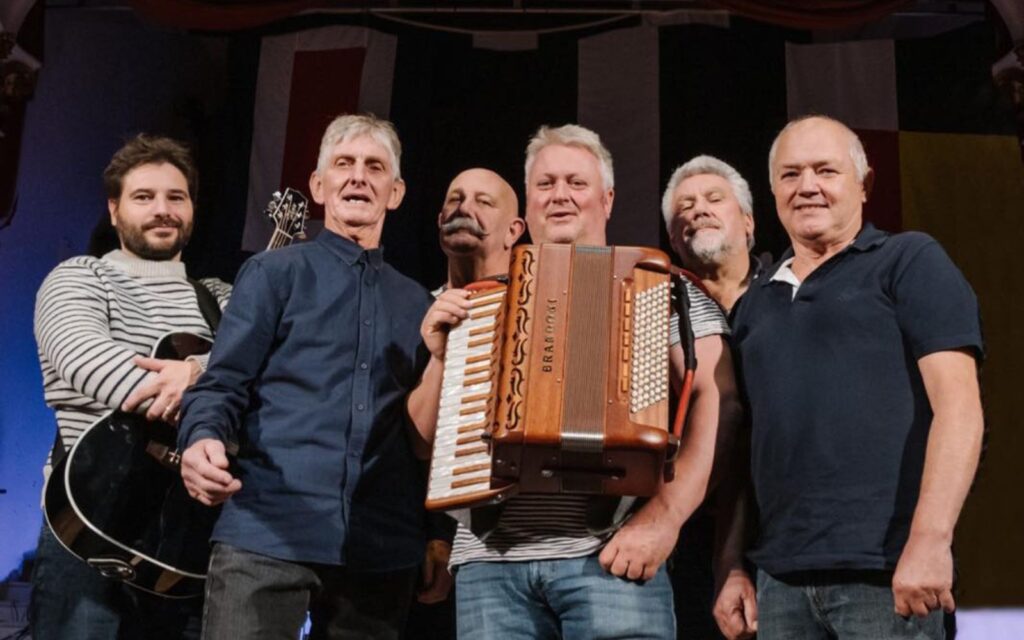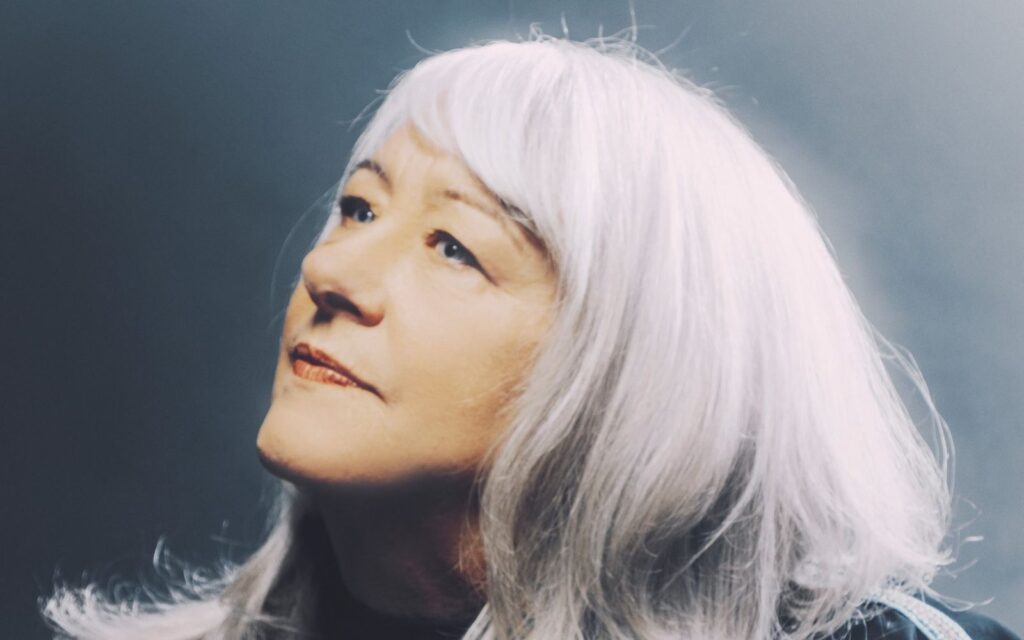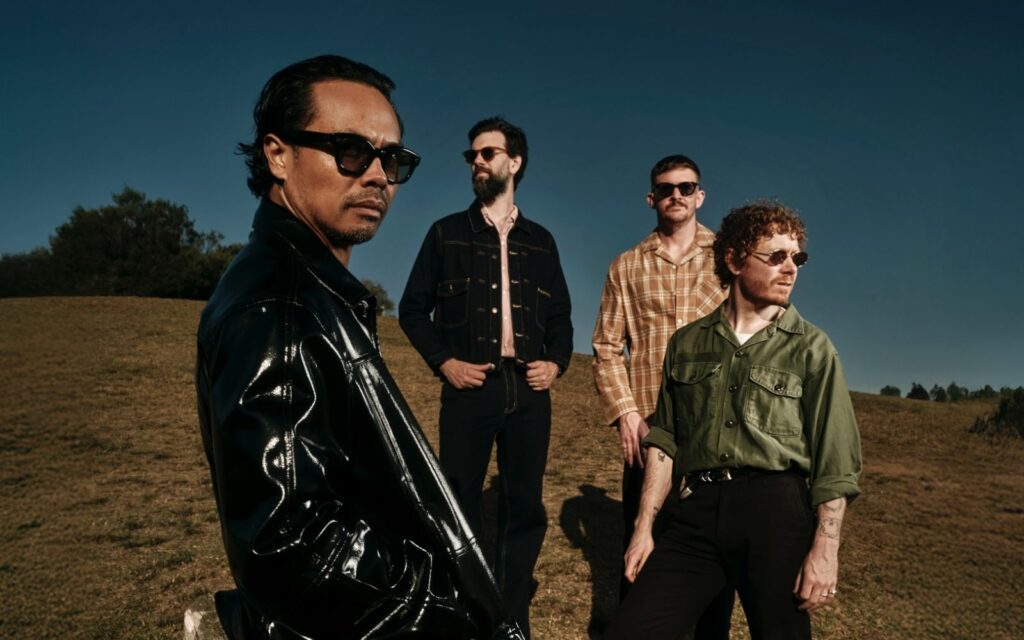Lienhop and Murphy, both of whom had grown up in regional Victoria before moving to Melbourne, had been toying with “a soul kind of thing” which had never completely got off the ground. With the concept of a soul-rockabilly-influenced band with a high level of audience interaction and general excitement now crystalising in their mind, La Bastard coalesced gradually, but securely. “We were writing songs for about a year, and then it was a case of getting the right band members,” Lienhop says. “We’d been friends for years, but we hadn’t ever had a band together, but we realised we had common tastes in music, especially old soul, rockabilly, punk stuff,” Murphy says. “We noticed that a lot of bands were bring a lot of revival music out. And when we saw that support band that night, we kind of liked the aesthetic and the sound, but there were a lot of things that were a bit dull about it, so we thought we’d try and take those elements and make something that was fun, and that’d allow us to go crazy on stage.”
In contrast to the enigmatic on-stage style adopted by many local bands, Lienhop and Murphy wanted a band that would be in the face of its audience. “There’s a lot of bands in Melbourne where there’s no interactivity,” Lienhop says. “I don’t know if that was ever really spoken about, but it’s really about breaking through that physical wall with audiences. Whether it was conscious or subconscious, I’m not sure, but that’s how it’s gone down.”
The next thing was the name: La Bastard. Notwithstanding its superficially provocative edge, neither Lienhop nor Murphy think it’s something to dwell on. “I was working at a skate store, and I did all the online orders and processing, and one of the customers from France was called The Bastard,” Lienhop explains. “We were trying to think of a band name, and we were just being stupid. ‘La’ is the female connotation in French, so it was just being stupid, but I suppose we were also taking the piss in a way about people who are really righteous about language – you’re not supposed to take it seriously! And it’s not ‘L.A. Bastard’, it’s ‘La Bastard’,” Lienhop says. “The name is silly enough to get in people’s heads. But it’s a fun name, and it kind of fits our show.”
La Bastard debuted in Lienhop’s former home town of Bendigo on a local festival, and a show at the Arthouse in North Melbourne before that venue’s initial demise. Having a spent a year writing songs, La Bastard was able to start playing without relying on the odd or regular cover to pad out the set. Shortly after a show at Yah Yahs playing alongside a number of Off the Hip bands, La Bastard was approached by Off the Hip boss Mick Baty with the offer to release the band’s first album. “There was a whole suite of Off the Hip bands, like Midnight Woolf and The Painkillers, and maybe it was the next week when we’d played with another Off the Hip band, Harvest Smoke, and Mick approached us and said he’d be happy to put our record out – he said there was something in our sound, in our live performance, and the way we enjoyed ourselves that made him excited,” Murphy says.
La Bastard already had an album’s worth of songs record – “it was basically an album of demos that we’d down with Paul Mayberry at his studio in Fairfield,” Murphy says – but in Lienhop’s words, “we weren’t quite sure what we were going to do with it”. By the time La Bastard’s debut eponymous record was released in early 2012, the band already had another album’s worth of material ready. “We just thought, ‘Let’s just hit the ground running, and take it from there’,” Murphy says.
La Bastard has managed to get out and about, playing the odd regional Victorian show, and gigs in Sydney, Newcastle and Adelaide, with more shows to follow to promote the band’s latest record, Tales from the Beyond. “We’re starting to stretch ourselves a little bit more,” Lienhop says. Not surprisingly, the crowd reaction tends to differ between cities. “I don’t think you can account for how people are going to react,” Lienhop says. “I feel that Melbourne’s changing,” Murphy says. “There’s still that arms crossed thing you get in Melbourne, but there’s also this resurgence of bands like the Toots and the Brothers Grimm who have that revival thing going, or punk bands like Mesa Cosa who have a real party style. I don’t know if they’re bringing a different sound, but they’re certainly bringing a different vibe. And that’s good to see, ‘cause it’s great to see people dancing at shows.”
BY PATRICK EMERY

